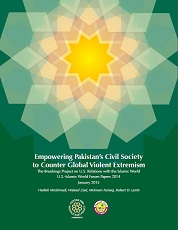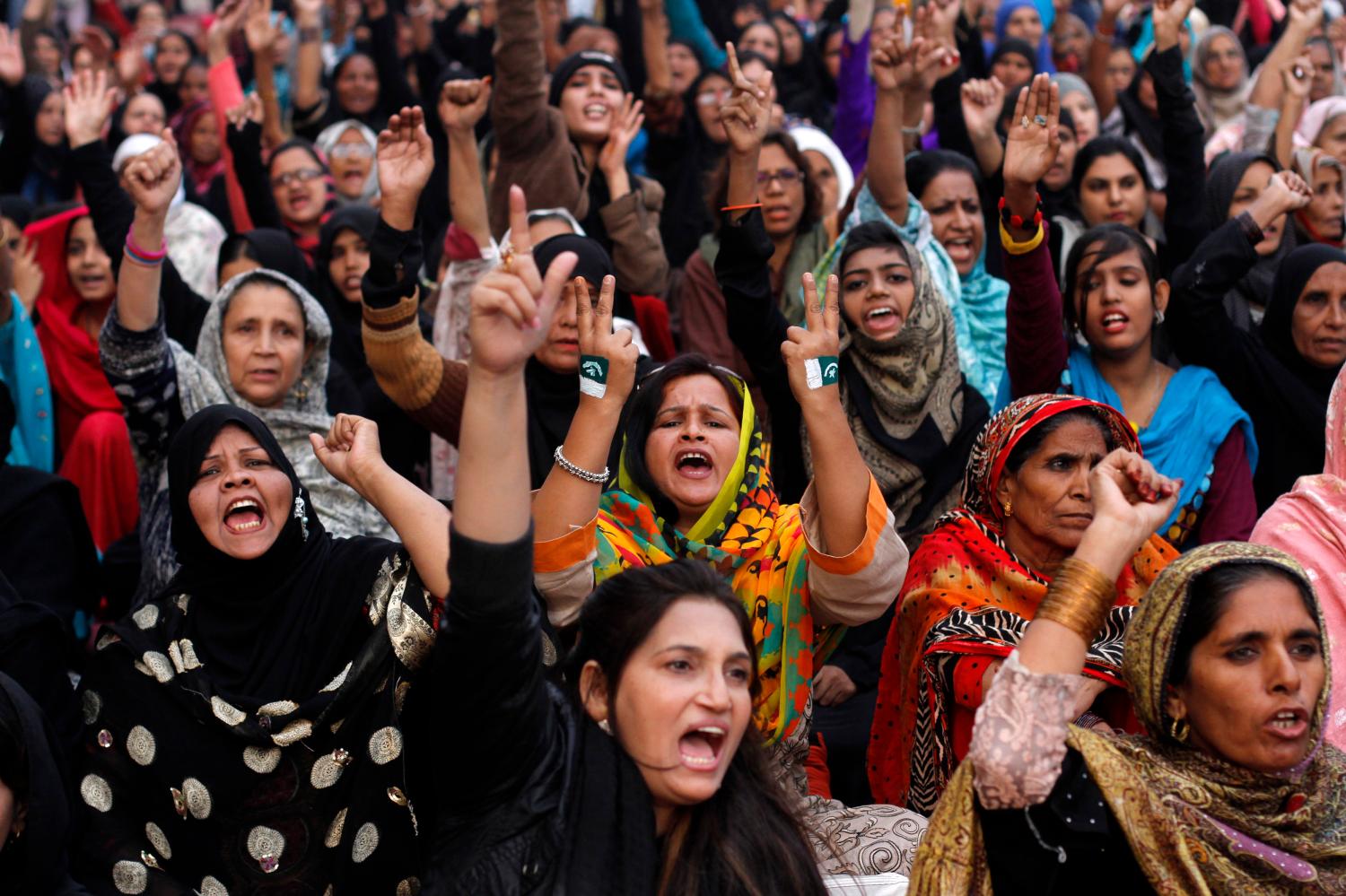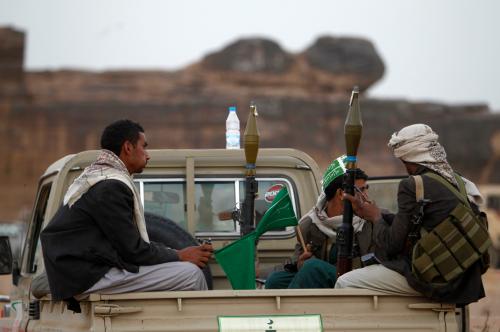 Abstract:
Abstract:
Pakistan is one of the most strategically important countries for the United States and the Muslim world, particularly in regards to countering violent extremism (CVE). In lieu of a robust government-led strategy, Pakistan’s civil society has had to take the lead in CVE. This paper analyzes existing initiatives and their capacities to counter extremism, identifies challenges in program implementation, and develops recommendations for national and provincial strategies to empower civil society as a bulwark against extremism.
Among the key findings:
-
The United States should prioritize working with grassroots civil society organizations and religious and community leaders who can best mobilize local resources and cultivate support for CVE objectives.
-
The United States should also convene CVE practitioners and experts, diaspora leaders, and academics to guide the development of the CVE agenda in Pakistan.
-
Ultimately, the good practices gleaned from successful CVE efforts in Pakistan can serve as a blueprint for other regions facing similar challenges.
The Brookings Institution is committed to quality, independence, and impact.
We are supported by a diverse array of funders. In line with our values and policies, each Brookings publication represents the sole views of its author(s).



